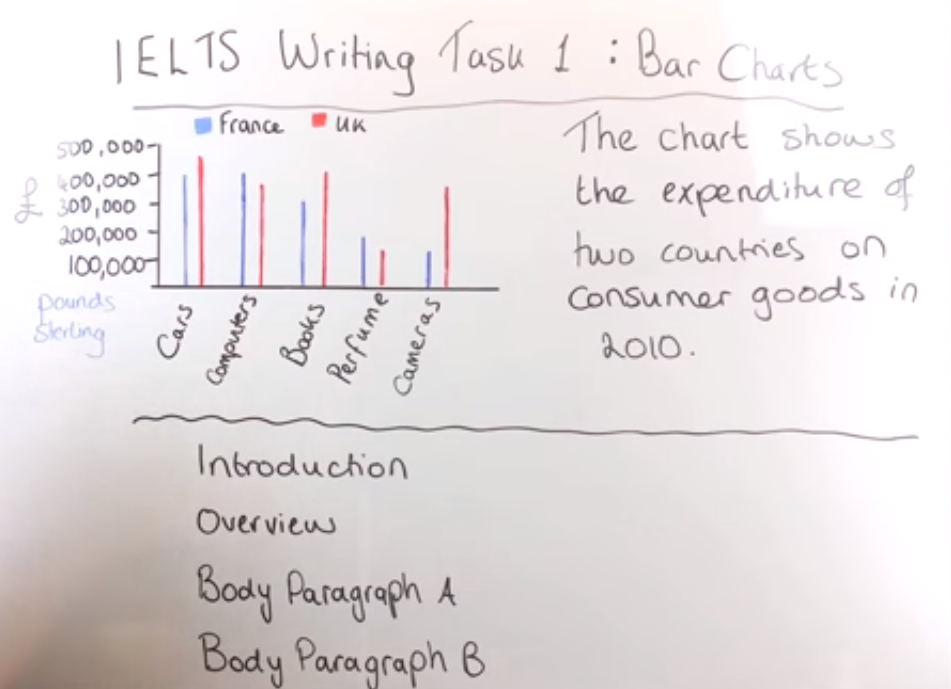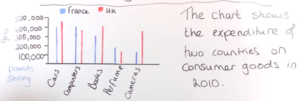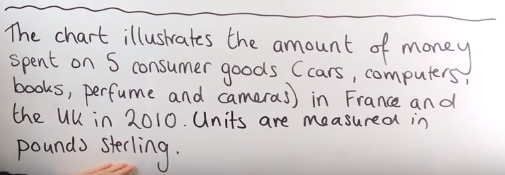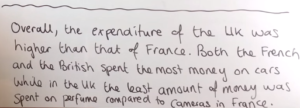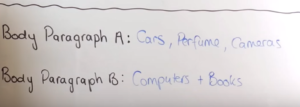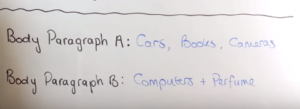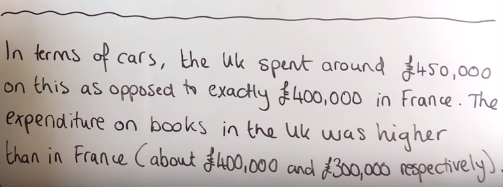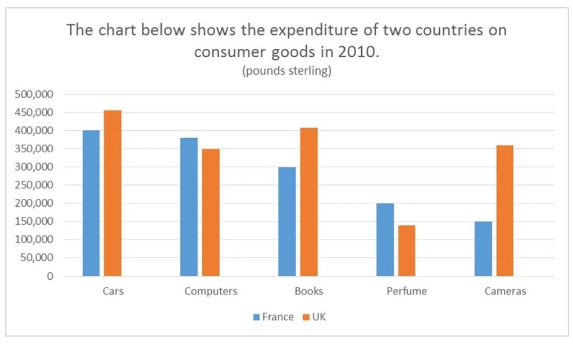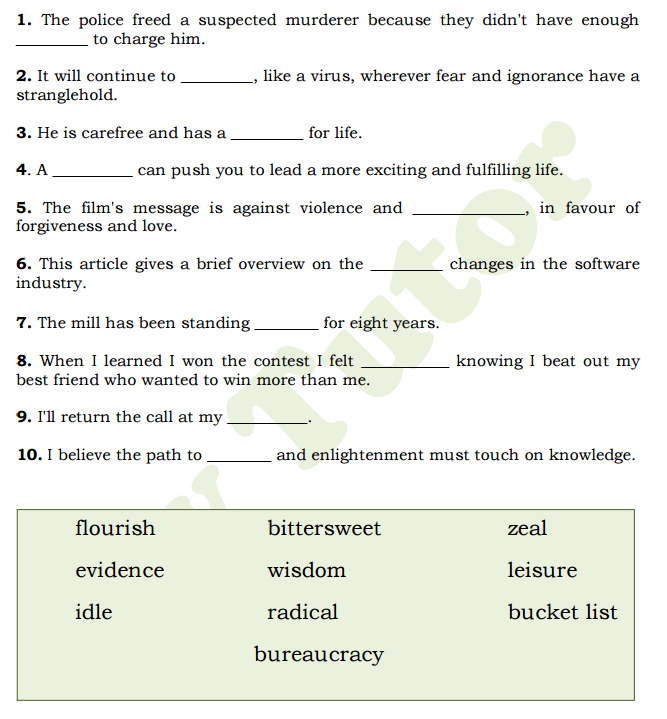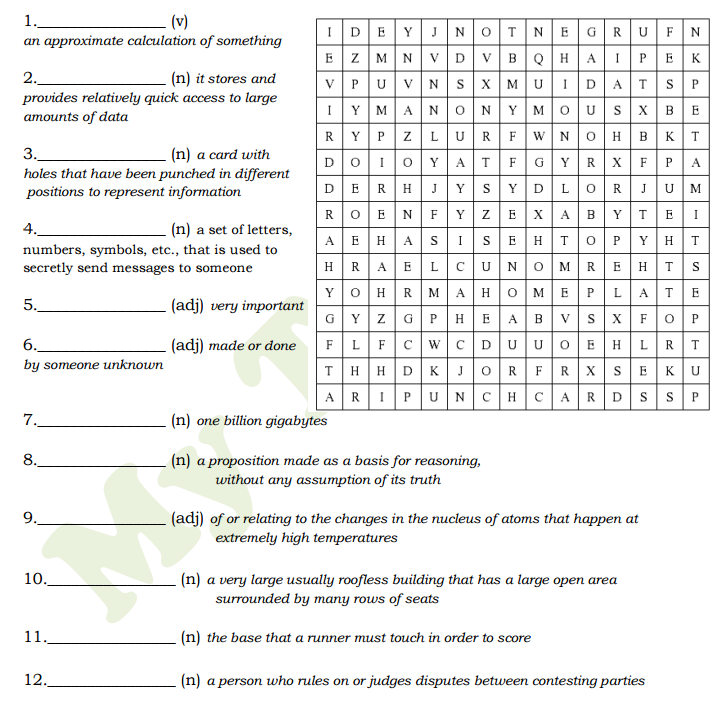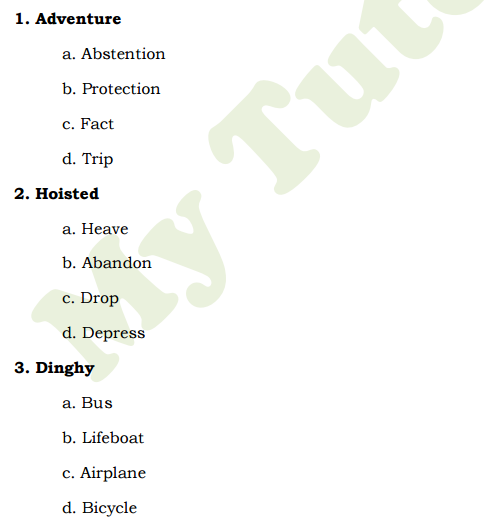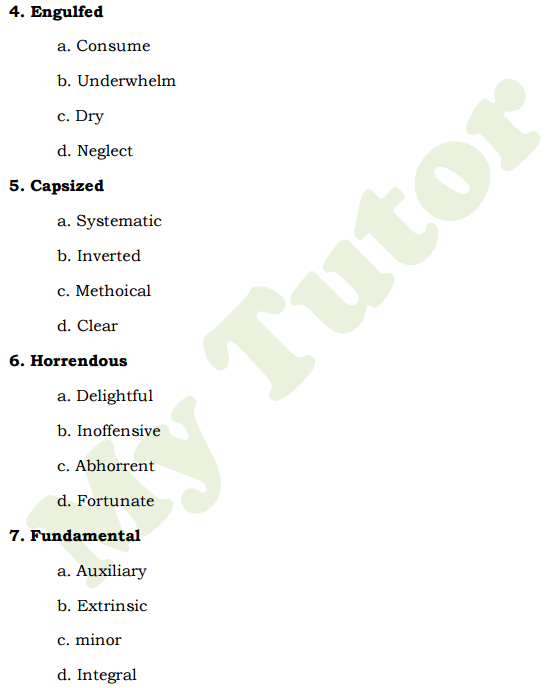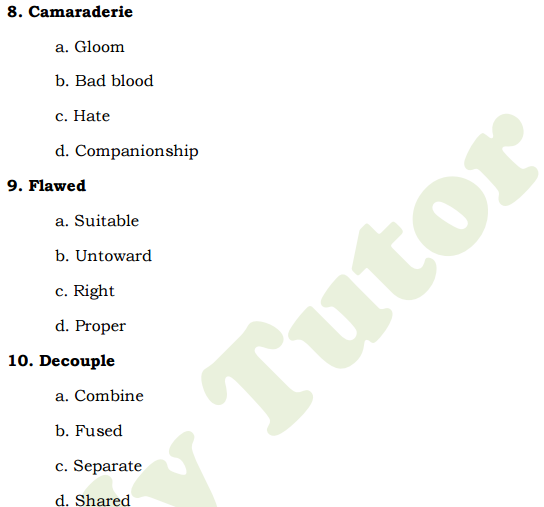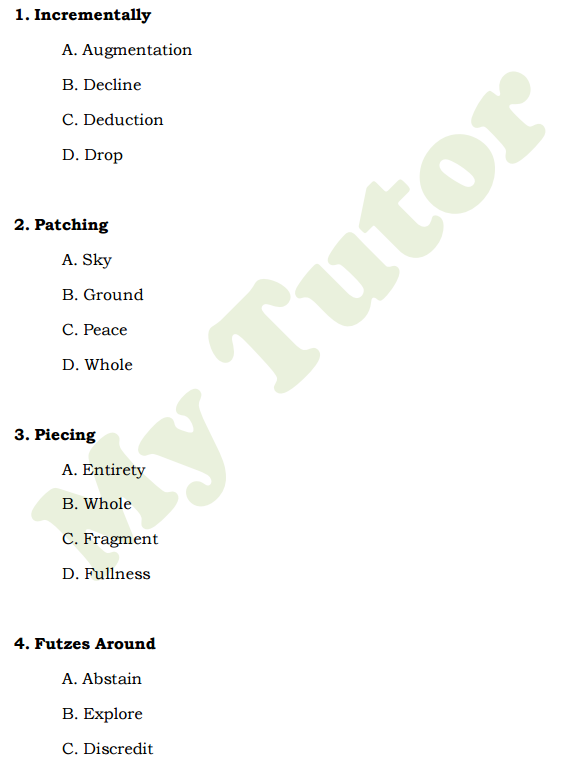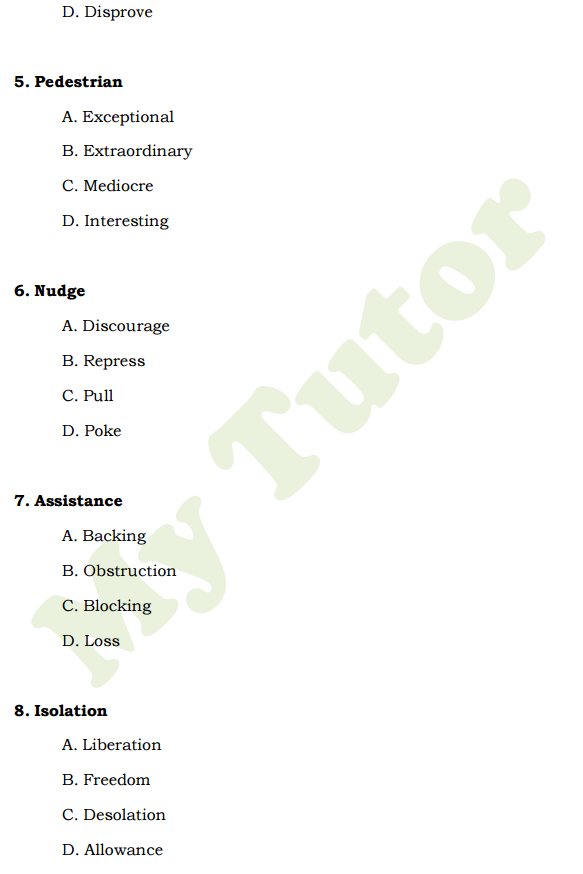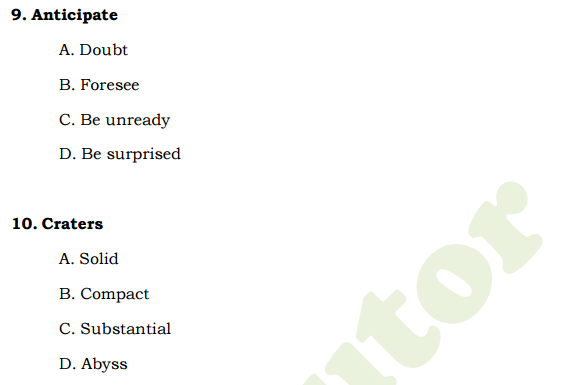
Edited by セシル
IELTS TOEFL インストラクター

私たちはどうして英文法を学ぶのでしょう。
自然できちんとした英語を話したり、文章を作ったり、あるいは、本を読んだりするために必要なのが文法です。
みなさんの中には、すでに長い間、文法を勉強されてきた方も多いことでしょう。
また、文法学習に疑問を持つ方もいらっしゃるかもしれません。
文法は自然に身に付けるべきだとか・・、日本人は文法ばかり勉強しているから
英語がはなせない・・などの意見もあるでしょう。
しかし、ネイティブとは違い英語習得時間が限られた私たちは、文法を身に付けることで、
正しい英語を習得する時間を短縮できるのです。

IELTS、TOEFL、英検など英語検定試験では、ちょっとした文法のミスが合否を分けることもあります。
普段から文法に注意して英語学習に取り組んでください。
今回は、冠詞の正しい使い方について学習します。
What are articles? 冠詞とは?
artic(冠詞)とは、単純に名詞の前に”つける” ものではありません。
むしろ、名詞の前に置くことによって、続く名詞がどのような性質のものか予告する働きをもちます。
冠詞には「specific 定冠詞」と「unspecific 不定冠詞」と呼ばれるものがあります。
不定冠詞はa/an、の2種類、定冠詞は the を使います。
使い方
Article + noun 
Example: an + apple
a + balloon
the + umbrella
不定冠詞 a/anを使う場合
それまで話しに出てこなかったもの、つまり聞き手や読者が知らない事柄を示す時に使います。
I bought an apple from the supermarket yesterday.
私は昨日スーパーでりんごを1つ買いました。
相手がそれまで意識していなかった、それまで聞いたことのないりんごなのでanを使う。
次に昨日買ったりんごを食べたという文では定冠詞theを使います。
I ate the apple I bought yesterday. 私は昨日買ったそのりんごを食べた。
昨日買ったりんごであることが聞き手にはわかっているのでtheを使う。
a/an の区別
a と an の使い分けは、名詞が母音で始まる場合は an をつけ、子音で始まる場合は a をつけます。
母音とは、日本語でいえば「ア、イ、ウ、エ、オ」の5つになります。
Examples are: a book
a pair of shoes
a great friend
例文 : Mike has always been a great friend of mine.
Examples are: an umbrella
an amazing talent
an unforgettable experience
例文 : She was born with an amazing talent.

注意 1
実際の発音が母音で始まる場合には、つづりが子音から始まっていてもanと結びつきます。
Example: an honest person instead of a honest person
honestは子音で始まりますが「h」は発音せずに次の「o」を”a”と発音しているのでanを
使います。
注意 2
y / w は「半母音」と呼ばれ、a と結びつきます。
a year, a word
注意 3
実際の発音が母音で始まらない場合には、つづりが母音で書かれていてもa と結びつきます。 a university
Examples are: a book
a pair of shoes
a great friend
例文 : Mike has always been a great friend of mine.
定冠詞 the を使う場合
Theは、「ほかとはっきり区別がつくもの」で聞き手・読書が「ああ、あれのことだな」と
納得できるものが次にくることを予告することにもなります。
Examples are: the house
the sunken treasure
the next heir
例文 : The government discovered the sunken treasure approximately one mile from here.
以上のように冠詞は特別難しいものではありません。 冠詞の基本ルールを覚えて、
スピーキングやライティングの際は、正しい冠詞の使い方を心がけましょう。
次に、冠詞の特別な用法も覚えましょう。
冠詞 + 形容詞 形容詞を伴うことによって不定冠詞が必要になる場合
ふつうは無冠詞か定冠詞とともに使う名詞でも、形容詞とともなうと不定冠詞が必要になる場合があります。
形容詞をともなうと、「いくつもある種類のうちの〜な1つ」「いくつもある側面のうちの〜な1つ」
という意味合いが生まれるからです。
例文
an + amazing + talent = an(不定冠詞) +amazing(形容詞) +talent (unspecified noun)
the + sunken + treasure = the(定冠詞) + sunken (adjective) +treasure (specified noun)
冠詞 + 数えられる名詞(可算名詞)
数えられる名詞(可算名詞)は単独では使えず、数値、a/an,the,myなどと結びつきます。
可算名詞であるかを知るために、複数形であるか、または”s”が付いていないかをチェクします。
特定のもので複数形の場合は”the”を使い、不特定で単数形の場合は”a”又は”an”を使います。
例 an + onion (means one onion; singular; unspecific) 1つのタマネギ
a kid (means one kid; singular; unspecific) 1人の子供
the umbrella (means one umbrella; singular; specific) (すでに話に出た)1つの傘
the umbrellas (means many umbrellas; plural; specific) (すでに話に出た)いくつもの傘
冠詞 + 所有格(his, her, my etc. )
所有格は、theに意味が1つ加わったものと考えてください。<the + 私の> でmyになります。
だれのものか明白な状況では、原則として所有格は使いません。
誤 She wants to bring her the umbrella because it’s raining outside.
正 She wants to bring the umbrella because it’s raining outside.
冠詞を使わない場合
冠詞を使わない場合は、「1つのまとまりとしてとらえることができず」「どれとはっきり決めることができないが」
「とりあえず存在するもの」を示すことになります。
love, happiness, experience, など抽象名詞では原則冠詞は使わない
Happiness is what I’ve been aiming for my whole life.
名詞だけ見れば(聞けば)、だれのことか、または、それのことかすぐわかる場合は冠詞を使わない。
誤 I want to dine at the McDonalds tonight.
正 I want to dine at McDonalds tonight.
誤 The Sheena is smart.
正 We will go where The Statue of Liberty is located.

食事・スポーツ・ゲームの名前には冠詞を使わない
誤 I like to play the basketball so much.
正 I like to play basketball so much.
数えられない名詞(不可算名詞)には冠詞を使わない
ただし、不可算名詞の前に数えられる前置フレーズがあれば”the”が使えます。
誤 I want to take home a bread from the grocery.
正 I want to take home bread from the grocery.
誤 She gave me an advice about my career, yesterday.
正 She gave me a piece of advice about my career, yesterday.
正 Don’t cry over spilt milk.

一般的なアイデアには冠詞は使わない
誤 The Pollution is one of the most common problem of the communities nowadays.
正 Pollution is one of the most common problem of the communities nowadays.


